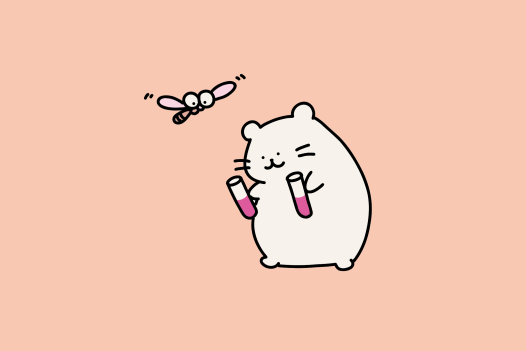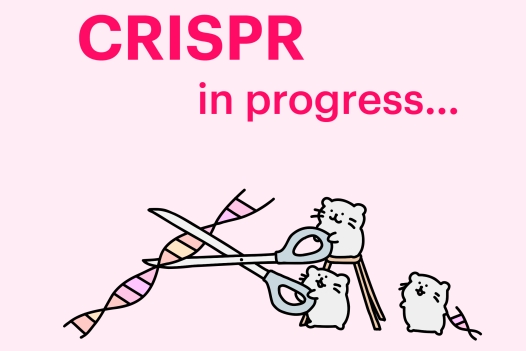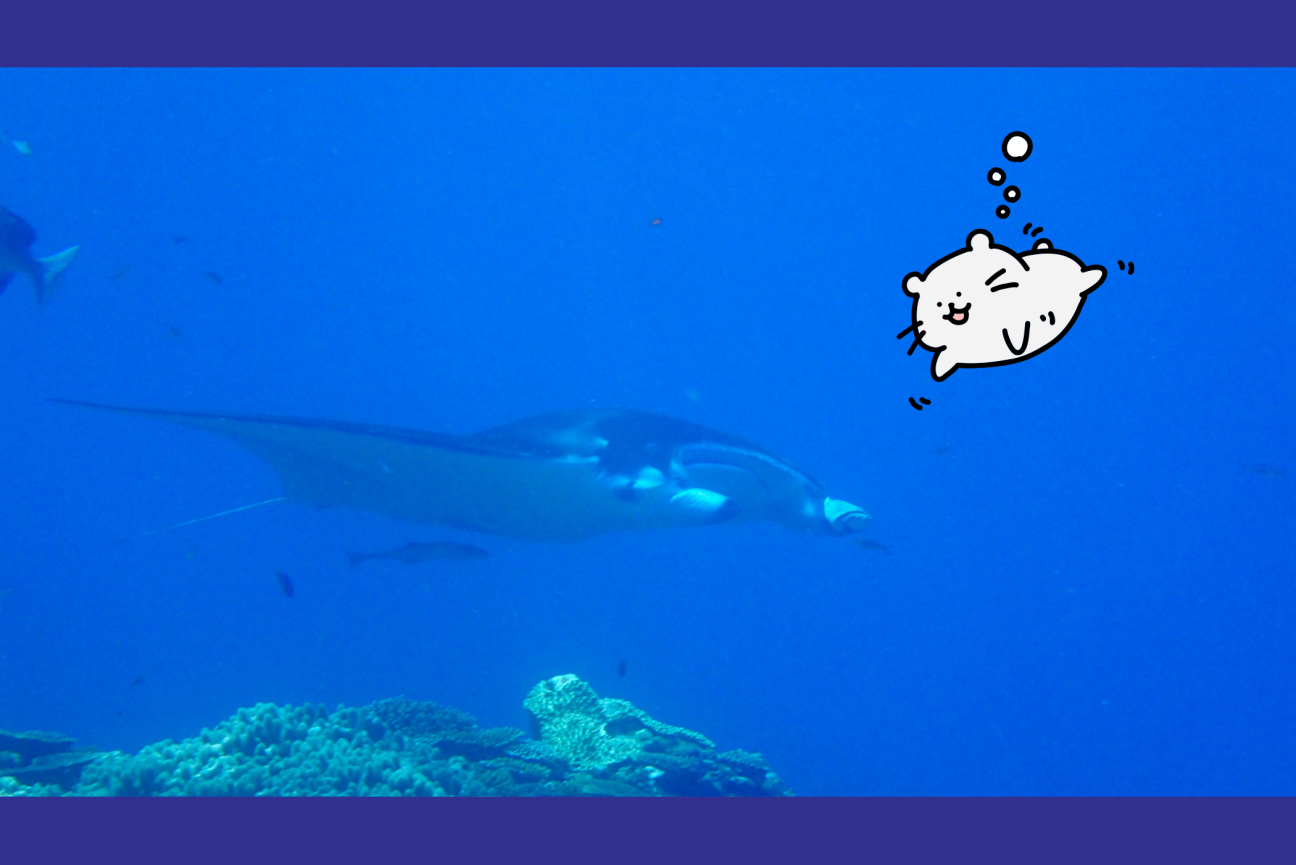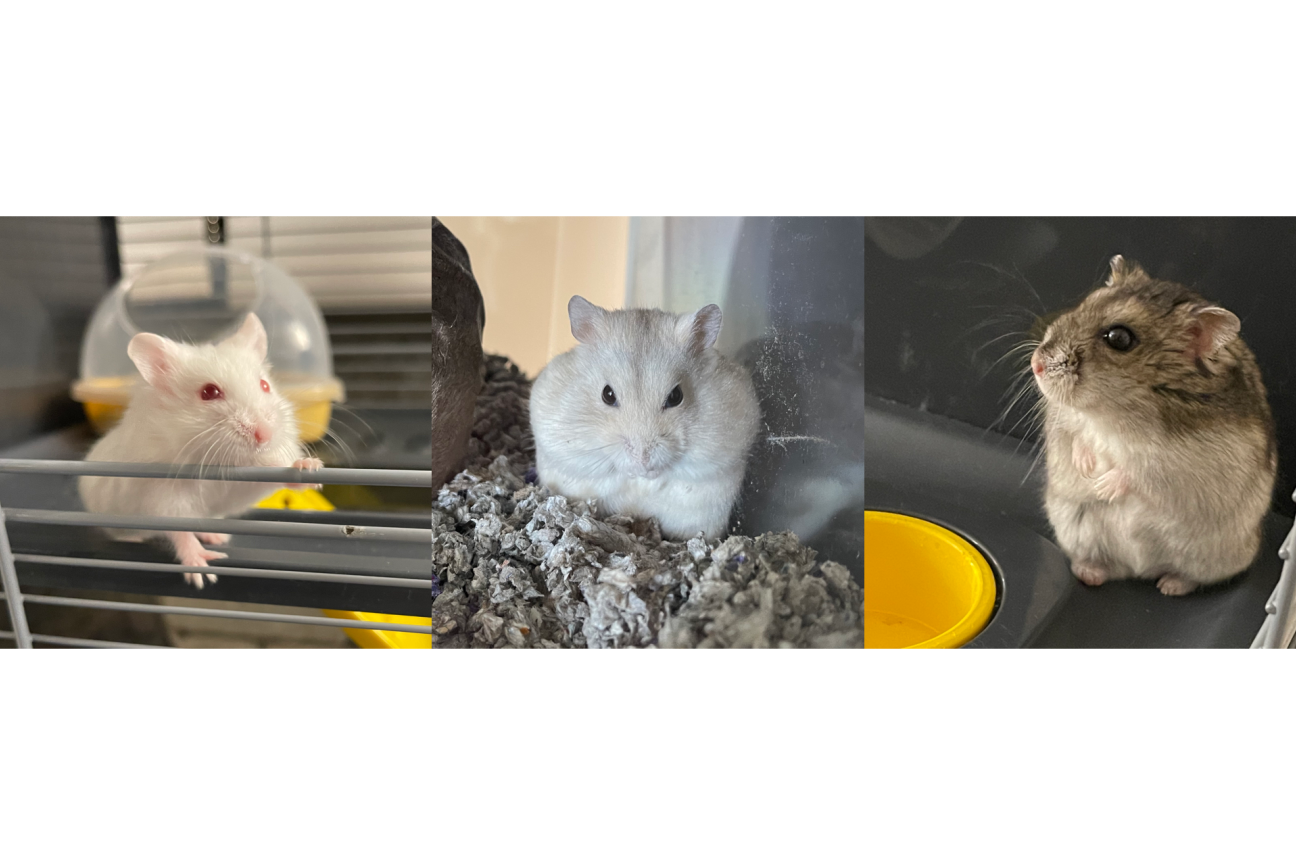Courtesy of Tomo Kumon
Meet a Whitehead Postdoc: Tomo Kumon
Tomo Kumon is a postdoc in Whitehead Institute Member Yukiko Yamashita’s lab studying the function of repetitive DNA. We sat down with Tomo to learn more about him and his experiences in and out of the lab.
What do you investigate?
I study satellite DNA, which is a type of repetitive DNA or DNA that contains many repeated copies of the same short sequence of nucleotides or genetic bases. People like to call repetitive DNA junk DNA, but I like to call it the dark matter of the genome, because it occupies the majority of the genome, but people have no idea about what it does or why it is kept in the genome. Satellite DNA is enriched near the centromere, the region of DNA that helps cells segregate their chromosomes correctly during cell division, but it is also present throughout the genome, and we have very little idea of what it does. My PhD focused on what satellite DNA does during meiosis, or division of sex cells, in females, and my postdoc research is focusing on what it does in males. My current research is in flies.
What did you want to be when you were a kid?
A scientist. I was interested in nature and animals, and so studying science was my dream.
How did you end up at Whitehead Institute?
I joined my PhD advisor’s lab because a prominent cell biologist at my postbaccalaureate institute told me that they were doing the most interesting research on Earth. Then my PhD advisor recommended Yukiko, so I thought Yukiko must be doing the most interesting research in the universe. I basically followed the trail of expert advice. When I started my PhD, I wasn't that interested in repetitive DNA, but over time I got more interested in this field because it asks the fundamental question of how the genome or chromosomes evolve.
What’s your favorite memory at Whitehead Institute?
One thing that makes me really happy is that I designed a logo for the lab, and we made a fleece with that logo that people in the lab wear. The logo is a crest, like the crests that universities have, but full of things related to Yukiko’s lab. The reason I drew it is because there was a lab retreat that I couldn't attend, and so as a way for me to be involved without physically being there, I thought why don't I draw a logo for them to wear.
Drawing seems to be a big passion of yours—I know you also have an Instagram account where you share cute cartoons of mice doing science. How did you get started?
I have liked drawing since I was a kid, and I always liked drawing cartoons of animals. Whenever I got bored in classrooms, I would draw in a notebook. I started drawing mice during my PhD program because I used mice as a model system, and I love them because they're so cute. I started going around putting cartoons everywhere in the lab like the incubator, freezer, microscope, everywhere. All of the drawings were analog, done with a pen. Then I switched to digital when Covid happened, because everyone had to stay at home and I decided to spend the time learning how to draw digitally. I practiced by making these mouse cartoons, and when I told a friend what I was doing, they said I should share my art on social media. That’s why I created the Instagram account. I like it because anyone on Earth can see my art and like it or comment on it.

Cartoons of mice doing science from Tomo's Instagram account.
Tomo Kumon

How do you decide what to draw the mice doing?
It depends. Sometimes I have nothing to do, and I just get bored and have to draw something. If I’m in the lab and I see some pipettes, I draw a cartoon of mice doing some pipetting. Sometimes the idea is motivated by a paper. I’ve posted some research-related cartoons inspired by journal articles that are very interesting and not related to my research at all, but I want to share the interesting research. I also have drawings for my own papers. When I was doing my PhD, when I published a paper, I drew a cartoon for the journal cover. They rejected it, but I’m thinking about maybe for my postdoc study, when it comes to the paper, trying to draw a cartoon on it. So yeah, maybe I should practice drawing flies.
Other than drawing, what are your hobbies?
I have a diving license and for long vacations, I like to go to the beach or dive spots. Diving is my summer hobby and skiing is my winter hobby. Another recent hobby is that I started growing vegetables. Mostly Japanese vegetables that are very popular in Japan but not so popular in the US. I decided to grow them because sometimes I miss them.
How did you become interested in diving?
My first diving experience was when I visited my friend in the Philippines. It was amazing: the water was crystal clear, very transparent and clean. There were so many fish. I was really fascinated. If you go to the aquarium, you can see those animals, but when you dive, they are right there with you. I decided to get my license and ever since, whenever I have time to take a long vacation, I like to go diving. Actually, after finishing my PhD, instead of immediately starting my postdoc, I decided to take a couple months off to go diving. I went back to Japan, where there’s really good diving. I got to dive with manta rays, which they say are rare to see. It was a really good experience.

Tomo turned some of his dive photos into cartoons.
Tomo Kumon
What do you like to cook, or what’s your favorite meal?
My wife is really good at cooking, so I hesitate to say I cook anything good because she's much, much better. Anything she cooks is really amazingly good, but if I had to pick one thing it would be karaage, which is like fried chicken but even more crispy than the usual fried chicken. It’s a really popular meal in Japan. She has been teaching me a lot about how to cook, and I have been practicing, because we are going to have a baby soon. I want to cook for her and them in the future, so I am slowly learning.
Do you have any pets?
When I was doing my PhD, I developed a real affinity for rodents. Now, I have three hamsters: Nezumi, Konezumi, and Obāchan, which mean "mouse," "little mouse," and "grandma" in Japanese.

Tomo's hamsters.
Tomo Kumon
Where do you see yourself in ten years?
I want to be a principal investigator for a research institute. Looking ahead multiple decades, I don’t really know. I might find a new direction, like maybe I’ll be more interested in teaching, business, or industry. I am open to many different possibilities, and I think I will probably choose the most interesting direction at the time of the decision.
Topics
Contact
Communications and Public Affairs
Phone: 617-452-4630
Email: newsroom@wi.mit.edu


